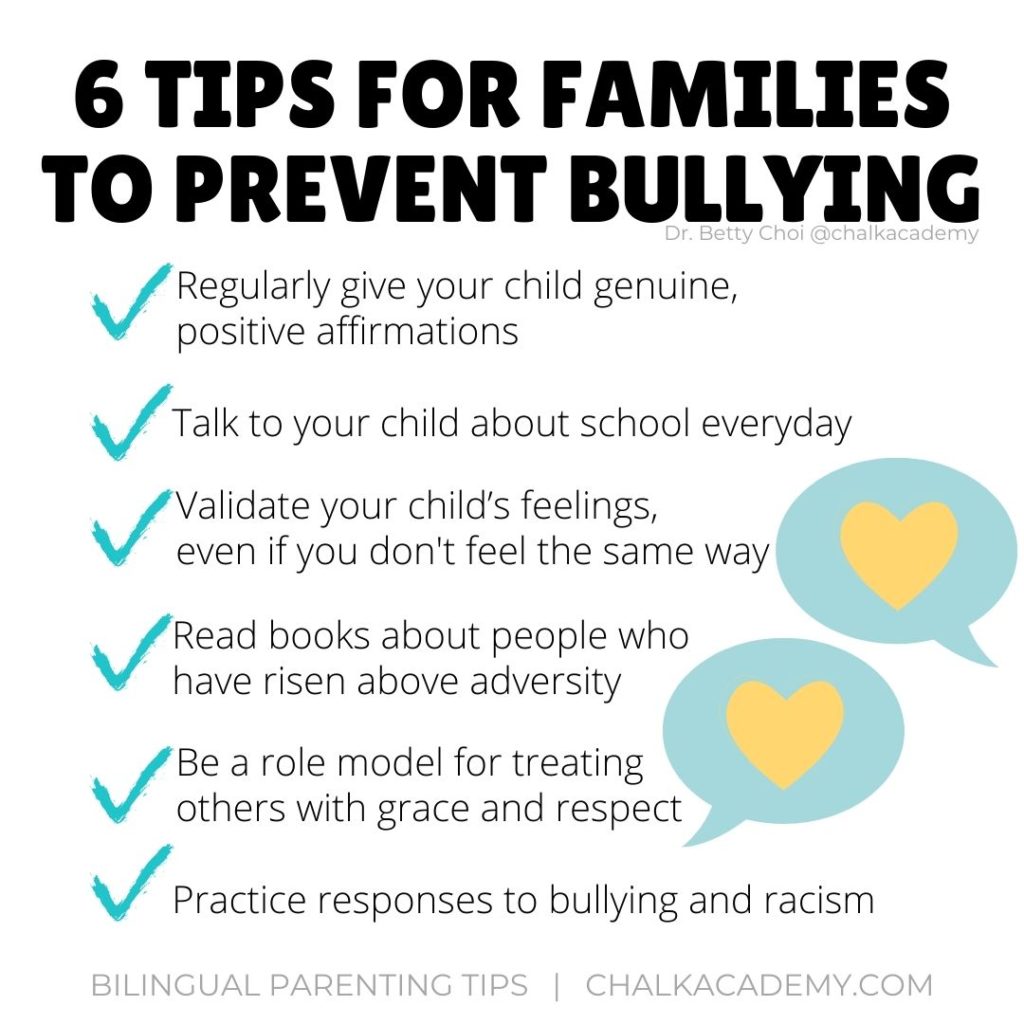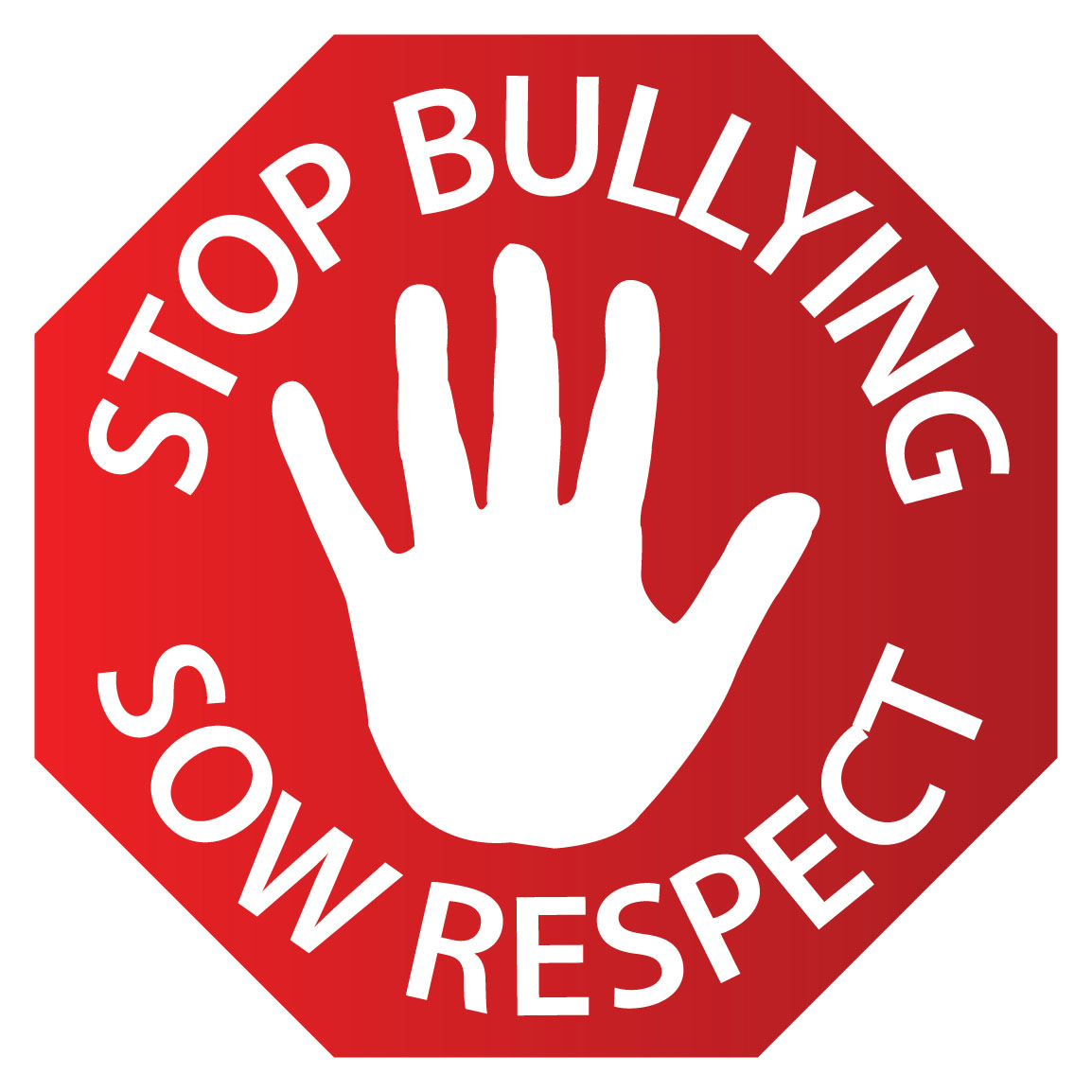Imagine this: you’re scrolling through your social media feed, basking in the warmth of a sunny afternoon, when you stumble upon a comment that makes your blood run cold. It’s directed at your husband, a cruel and unfounded accusation that assaults his character and paints him in a light he’s never known. A wave of anger and helplessness washes over you, and you feel a knot of anxiety tighten in your chest. This, my friend, is the reality of online bullying, a silent epidemic that can leave victims feeling ostracized, humiliated, and utterly powerless.

Image: chalkacademy.com
Online bullying, particularly when aimed at a loved one, can be a profoundly isolating and emotionally draining experience. We must shed light on this insidious form of harassment and equip ourselves with the tools to combat it, both for ourselves and those we love. This article explores the complexities of online bullying, its devastating impacts, and the strategies you can employ to reclaim your partner’s dignity and protect your family from the clutches of digital cruelty.
Understanding the Landscape of Online Bullying
Online bullying isn’t a new phenomenon, but its reach and impact have escalated with the advent of social media and the pervasive nature of the internet. The anonymity offered by these platforms can embolden bullies, making them feel less accountable for their actions. They can spew vitriol and lies with impunity, often targeting individuals based on their appearance, beliefs, or simply for being different. This lack of accountability can contribute to a culture of online harassment, where victims feel they have nowhere to turn.
There are many forms that online bullying can take, extending far beyond the occasional nasty comment:
- Cyberbullying: This encompasses a wide range of behaviors, including name-calling, spreading rumors, posting embarrassing photos, and sending threatening messages.
- Trolling: This involves intentionally provoking reactions from others by posting inflammatory or off-topic comments, often with the goal of disrupting online conversations or causing distress.
- Stalking: This involves repeated and unwanted communication or contact, often involving threats or harassment.
- Doxing: This malicious act involves revealing private information about an individual online, often without their consent, with the intention of causing harm or embarrassment.
- Hate Speech: This includes language that attacks or demeans individuals based on their identity, such as race, religion, gender, sexual orientation, or disability.
The Devastating Impact of Online Bullying
While it can be easy to dismiss online harassment as “just words,” their impact on victims can be profound and long-lasting. The emotional fallout of online bullying can be severe, leading to:
- Depression and Anxiety: The constant barrage of negativity and attacks can erode self-esteem, fostering feelings of isolation, worthlessness, and despair.
- Loss of Sleep: Anxiety and the fear of encountering further harassment can make it difficult to relax and sleep peacefully at night.
- Social Withdrawal: Victims may withdraw from social interactions, fearing further humiliation and scrutiny.
- Academic and Occupational Struggles: The emotional turmoil caused by online bullying can negatively impact academic performance and job productivity.
- Physical Health Issues: In some cases, the stress and anxiety of online bullying can manifest in physical symptoms such as headaches, stomach problems, and muscle tension.
When the Target is Your Husband: Supporting Your Partner and Reclaiming Your Family’s Peace
When the target of online bullying is your husband, the pain and frustration can be amplified. This is not just about him; it’s about the safety and wellbeing of your entire family. You’ve built a life together, and now you’re witnessing an attack on his character and the foundations of your shared life. Here’s how to navigate this difficult terrain:
- Empathy and Validation: First and foremost, acknowledge and validate your husband’s feelings. Let him know that you understand his pain and that you stand by him.
- Open Communication: Encourage open and honest communication about his experiences. Help him process his emotions, understand the nature of the bullying, and develop strategies for coping.
- Seek Professional Help: If the bullying is severe or persistent, seeking professional help can be beneficial. A therapist can provide strategies for managing stress, anxiety, and depression.
- Gather Evidence: If the bullying involves threats or illegal activity, it’s essential to document and preserve the evidence. This includes screenshots of messages, emails, and social media posts.
- Report the Bullying: Report the abusive behavior to the platform where it’s occurring. Many social media sites have policies against harassment and bullying.
- Block and Limit Exposure: Help your husband block the bullies and limit their access to his online accounts.
- Advocate for Your Husband: If the bullying involves real-world consequences, such as job loss or reputational damage, advocate for your husband. Stand by his side and publicly support him.
- Focus on the Positive: Encourage your husband to focus on his strengths and accomplishments. Celebrate his successes and remind him of the people who love and support him.

Image: peewee.com
Beyond Words: Building Resilience and Fostering a Safe Online Environment
The journey of overcoming online bullying is not always easy, but it is possible. By understanding the mechanisms behind this insidious form of harassment and taking a proactive approach, we can empower ourselves and our loved ones to stand strong against cyber bullies.
Here are some key strategies for resilience and creating safer online spaces:
- Media Literacy: Educate yourself and your family on the risks of online bullying and how to identify and avoid potential threats.
- Strong Passwords and Privacy Settings: Strengthen your passwords, adjust your privacy settings on social media platforms, and be mindful of the information you share online.
- Responsible Social Media Use: Encourage healthy social media habits, emphasizing the importance of respectful communication and digital citizenship.
- Seek Support: Know where to turn for help when you need it. Reach out to trusted friends and family, or consider connecting with organizations that offer support for victims of online bullying.
Stop Bullying My Husband Naughty America
The Fight Against Online Bullying: A Collective Effort
Online bullying is a complex issue that requires a multi-faceted approach. We must address the root causes of this behavior, foster a culture of empathy and respect online, and provide victims with the resources and support they need to heal and thrive. This is not just a matter of individual responsibility; it’s a societal imperative.
The internet has immense power to connect and inspire; we must not allow it to become a breeding ground for hatred and cruelty. By working together, we can reclaim our digital spaces and create a world where online bullying is a relic of the past, replaced by a culture of inclusivity, empathy, and digital responsibility.






